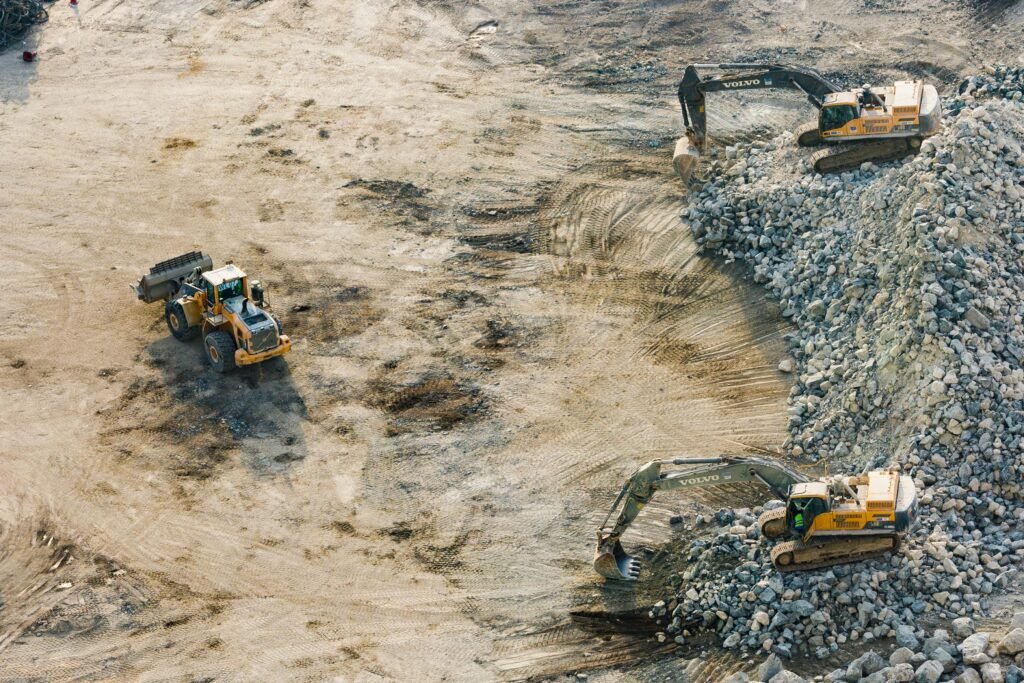
Behind every modern technology and our global push for clean energy, there’s a hidden story: critical minerals. Without these rare and essential elements, the future of electric vehicles, large-scale batteries, and the renewable energy transition could be at risk. But what exactly are critical minerals, and why are they suddenly so important?
What Are Critical Minerals?
Critical minerals are metals and elements that are essential for high-tech and clean energy applications, but are difficult to obtain due to limited global supplies and uneven geographic distribution. When the supply of these minerals is disrupted, much of modern life—especially technology—feels the impact.
Examples: Nickel, Lithium, Cobalt
Three minerals are currently in the global spotlight: nickel, lithium, and cobalt.
- Nickel is a key component in high-capacity batteries for electric vehicles.
- Lithium is the heart of rechargeable batteries found in almost every modern device, from smartphones to electric cars.
- Cobalt helps boost battery durability and extends its lifespan, making energy storage more efficient.
Why Are These Minerals So Important?
These minerals are the backbone of the transition to clean energy. Without nickel, lithium, and cobalt, the world cannot produce enough batteries for electric vehicles or store renewable energy from solar panels and wind turbines. Batteries that rely on critical minerals can store large amounts of energy, enabling a cleaner, more flexible energy grid for the future.
Demand Is Soaring
As the world shifts toward green technology, demand for critical minerals is skyrocketing. The International Energy Agency (IEA) predicts that demand for lithium could increase more than 40 times by 2040 compared to 2020, while demand for nickel and cobalt is expected to rise many times over, driven mainly by the electric vehicle and energy storage revolution.
Supply Challenges and Global Competition
Most critical minerals are found in only a few countries, which creates supply risks and fierce international competition. Disruptions—whether from political instability, trade disputes, or natural disasters—can have global consequences. Ensuring ethical and sustainable mining practices is also a growing concern, with calls for greater transparency and responsibility throughout the supply chain.
The Future Is Electric—and Dependent on Minerals
Securing a sustainable supply of critical minerals is essential to building a cleaner, electric-powered future. Governments, industries, and consumers need to support responsible mining and recycling initiatives, invest in research for alternative materials, and work together to ensure these resources are available for generations to come.
